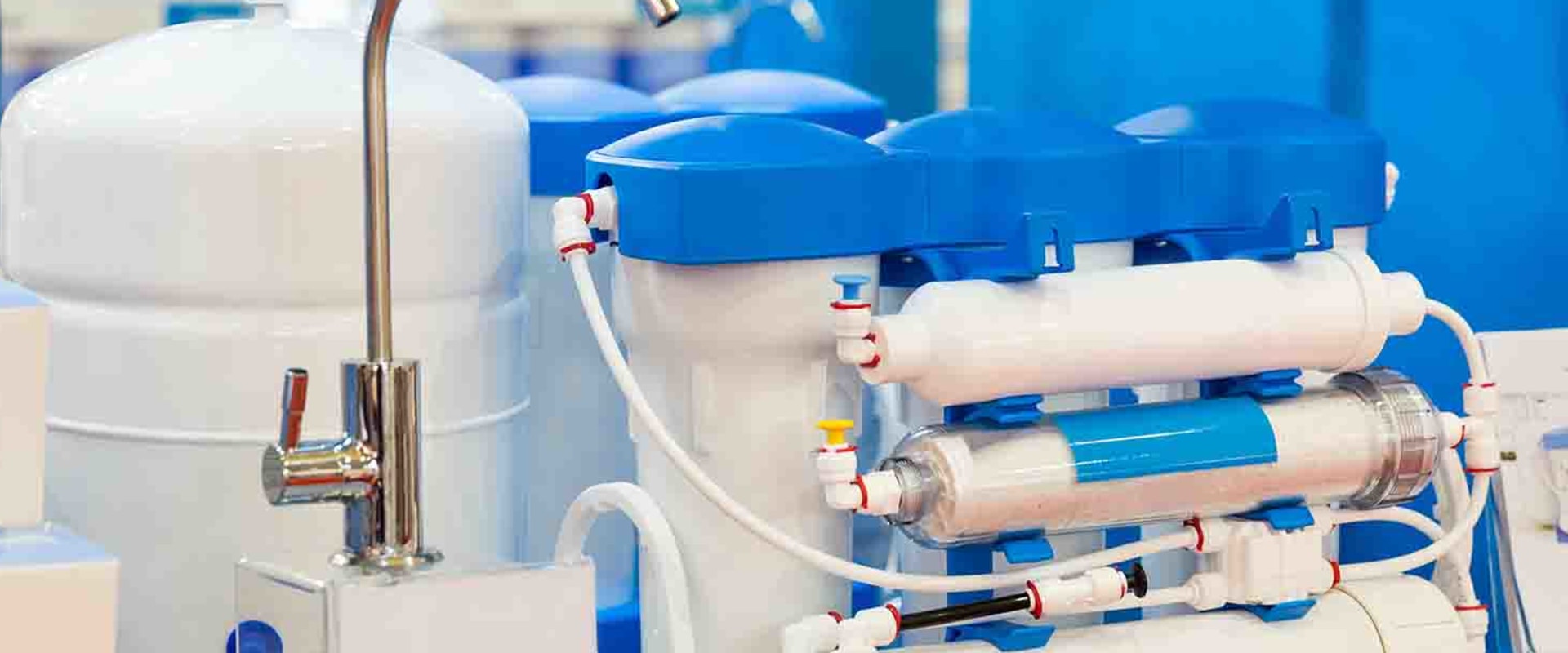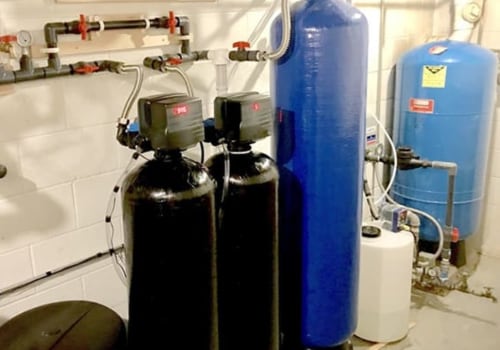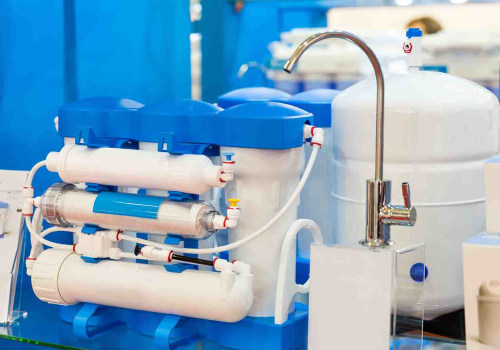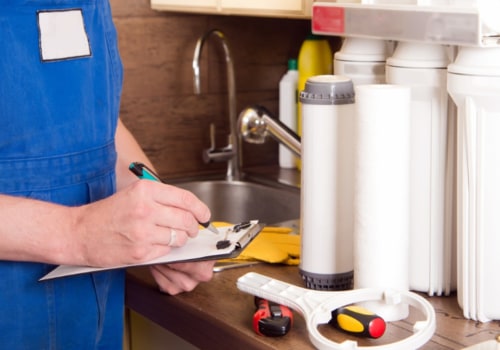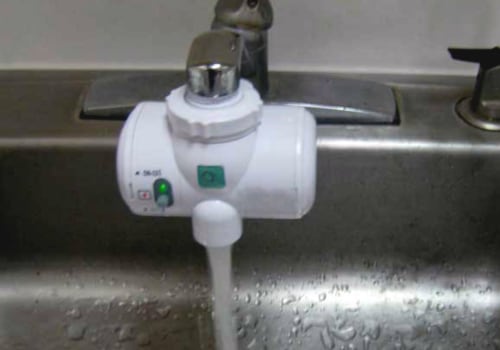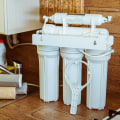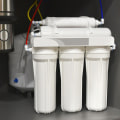Water filtration is a process that involves the removal of impurities from water. There are various types of water filtration systems available, each with its own advantages and disadvantages. The most common type of water filtration is mechanical filtration, which uses a filter to remove particles from the water. Activated alumina is an effective method for purifying drinking water for domestic and industrial use, as well as for cleaning toxic waste.
Well water softeners are also popular, as they reduce the amount of hard minerals in the water supply, giving it a smoother feel and reducing mineral deposits in pipes and appliances. Ion exchange is another type of water filtration that replaces hard minerals such as calcium and magnesium with low amounts of salt. This process is known as dry calcium and magnesium, or encrustation. Reverse osmosis systems are also used to produce clean, filtered water by forcing tap water through a semipermeable membrane and directing the filtrate to a storage tank. Installing a water filter is an optional step to ensure that the water flowing through the faucet is safe. UV purifiers offer an effective alternative for those who prefer not to add chemicals to their water supply.
An ultraviolet (UV) system uses ultraviolet light to inactivate certain bacteria, viruses and cysts that may be present in water. If the fault is inside the pipes, then the building owner must be responsible for fixing the problem and installing a suitable filter to improve water quality. Carbon block filters are also used to reduce contaminants from water. As water passes through the filter, carbon-based contaminants naturally bind to the pure carbon contained inside the filter cartridge. Reverse osmosis drinking water systems are one of the most effective and economical ways to remove chlorine from drinking water.
All water treatment equipment needs occasional care and many require filters, membranes, lamps, hoses and annual cleaning. The disadvantages of reverse osmosis filtering include the possibility of overfiltering when the taste of the water is unnecessarily affected. Installing a suitable filter system is essential for ensuring that your home has access to clean, safe drinking water.
